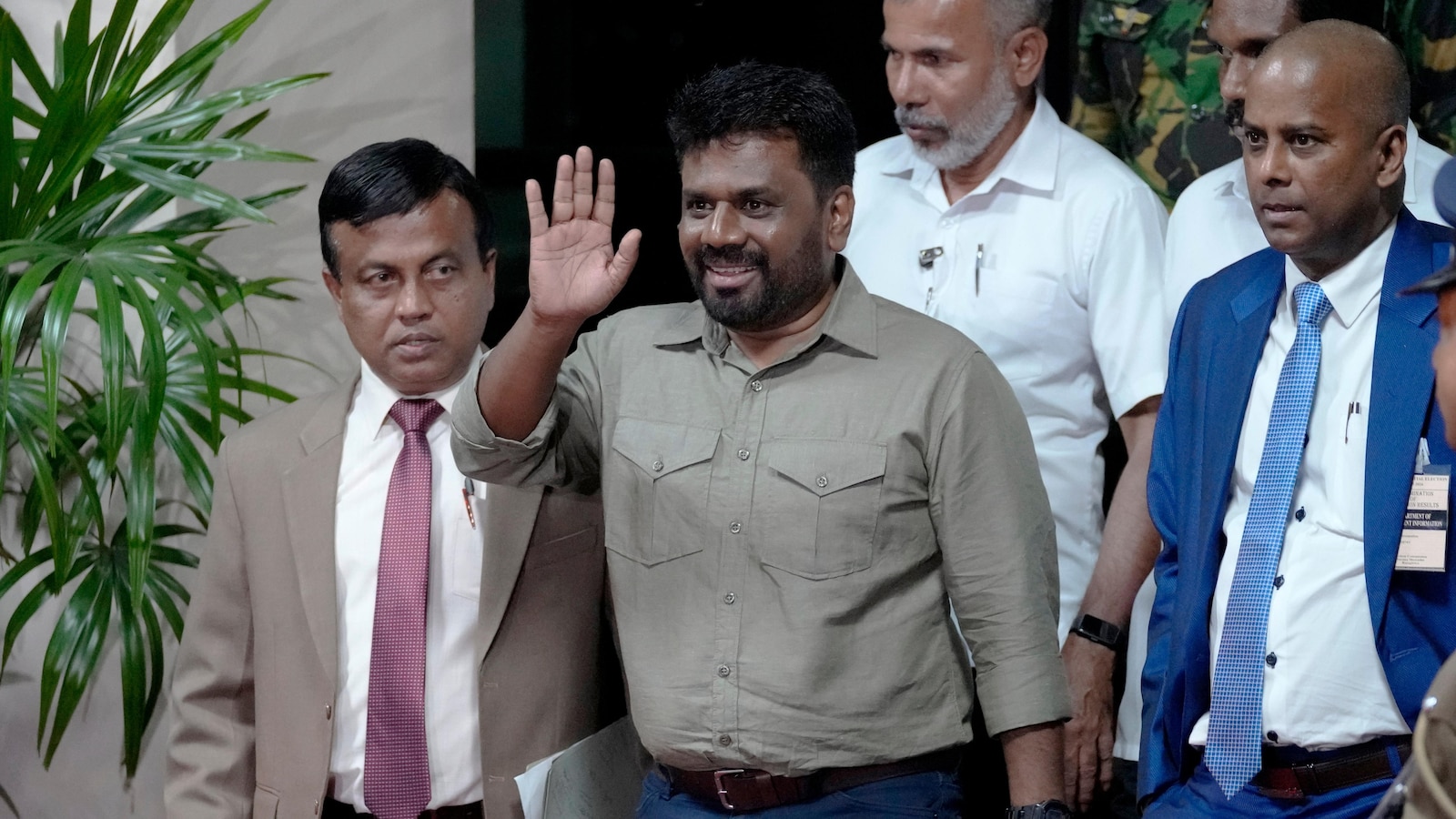Marxist Leader Dissanayake Sworn in as Sri Lanka’s President
COLOMBO, Sri Lanka — Anura Kumara Dissanayake, the leader of the Marxist-leaning National People’s Power coalition, was sworn in as Sri Lanka’s tenth president on Monday. His victory marks a significant shift in the country’s political landscape, as voters rejected the old guard blamed for leading the nation into its worst economic crisis.
Dissanayake, 55, secured a decisive victory in Saturday’s election, garnering 5,740,179 votes, surpassing opposition leader Sajith Premadasa who received 4,530,902 votes. He defeated 36 other candidates in the race.
The election was crucial for Sri Lanka as it navigates its economic crisis and the ensuing political turmoil. Dissanayake’s coalition is led by the Janatha Vimukthi Peramuna, or People’s Liberation Front, a Marxist party with a history of armed struggle. The JVP waged two unsuccessful insurrections in the 1970s and 1980s aimed at capturing power through socialist revolution. After its defeat, the JVP entered democratic politics in 1994 and primarily remained in opposition, although it has collaborated with several previous presidents and participated in government for brief periods.
Dissanayake’s coalition encompasses a diverse group, including academics, civil society movements, artists, lawyers, and students. He was first elected to Parliament in 2000 and briefly served as the Minister of Agriculture and Irrigation under President Chandrika Kumaratunga. His first presidential bid in 2019 saw him lose to Gotabaya Rajapaksa, who was later ousted due to the economic crisis.
Sri Lanka’s economic crisis stemmed from excessive borrowing to fund non-revenue-generating projects, the detrimental impact of the COVID-19 pandemic, and the government’s misguided approach to utilizing scarce foreign reserves to support the rupee. Dissanayake’s presidency marks a new chapter for Sri Lanka as it grapples with its economic challenges and seeks to restore stability.

